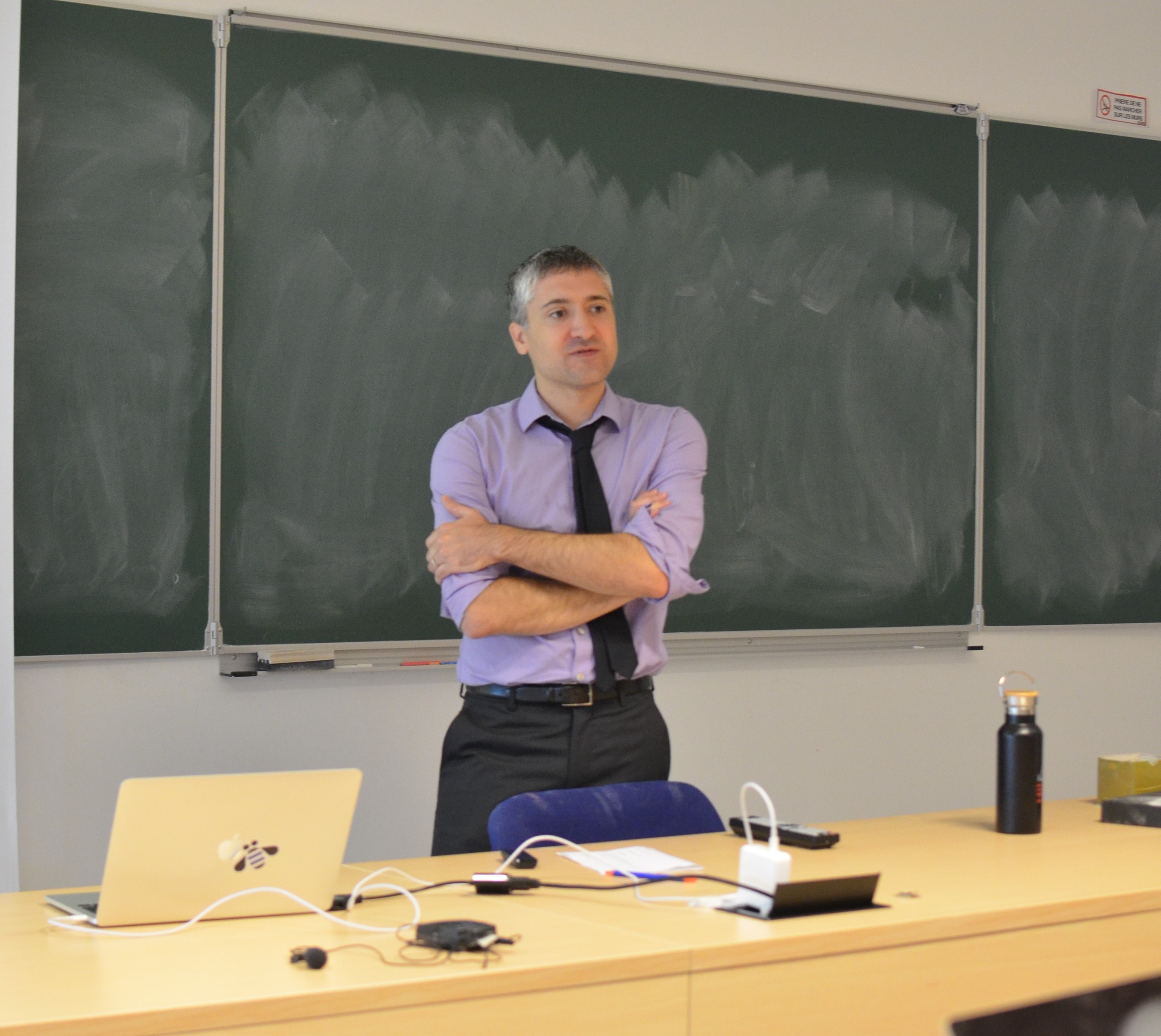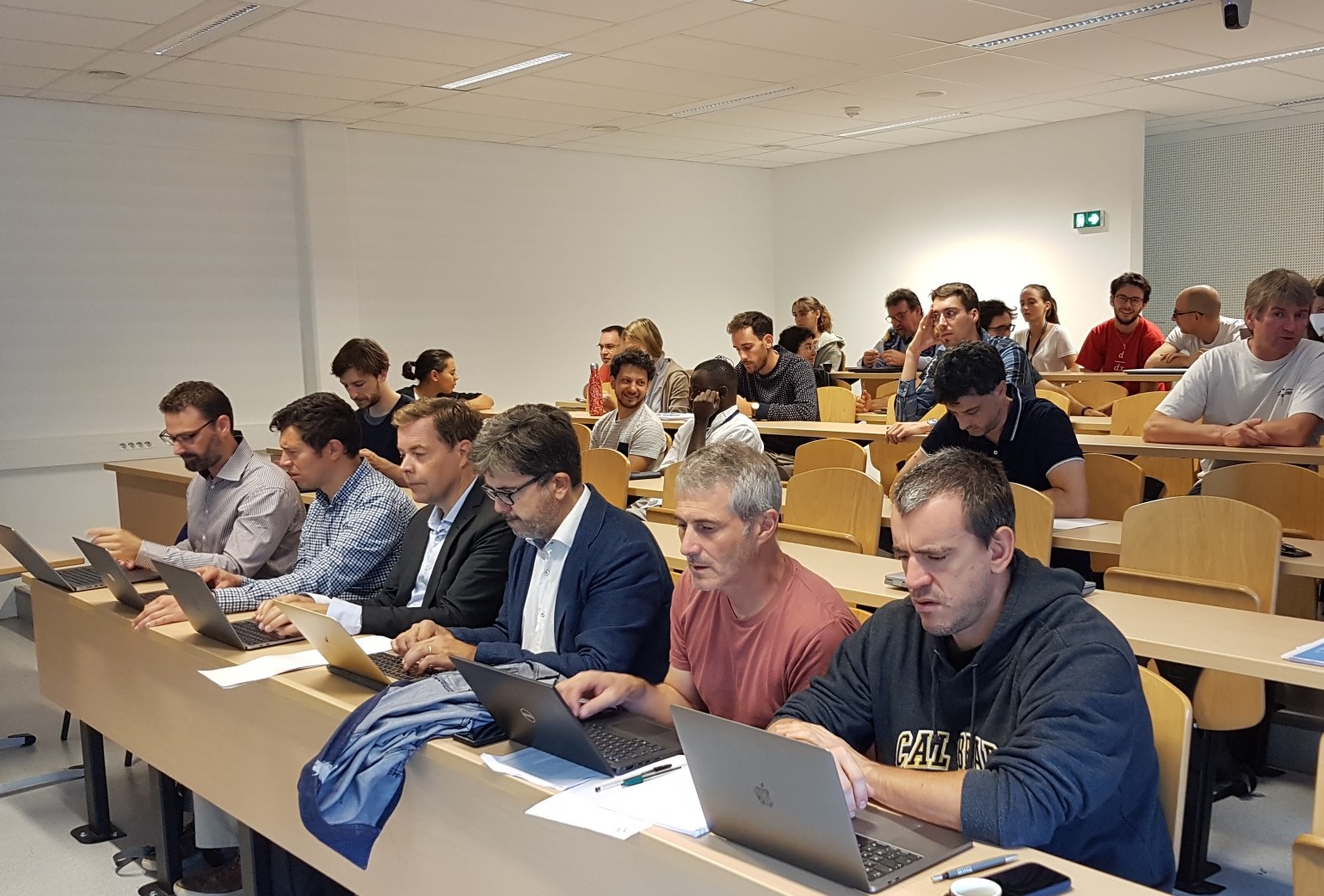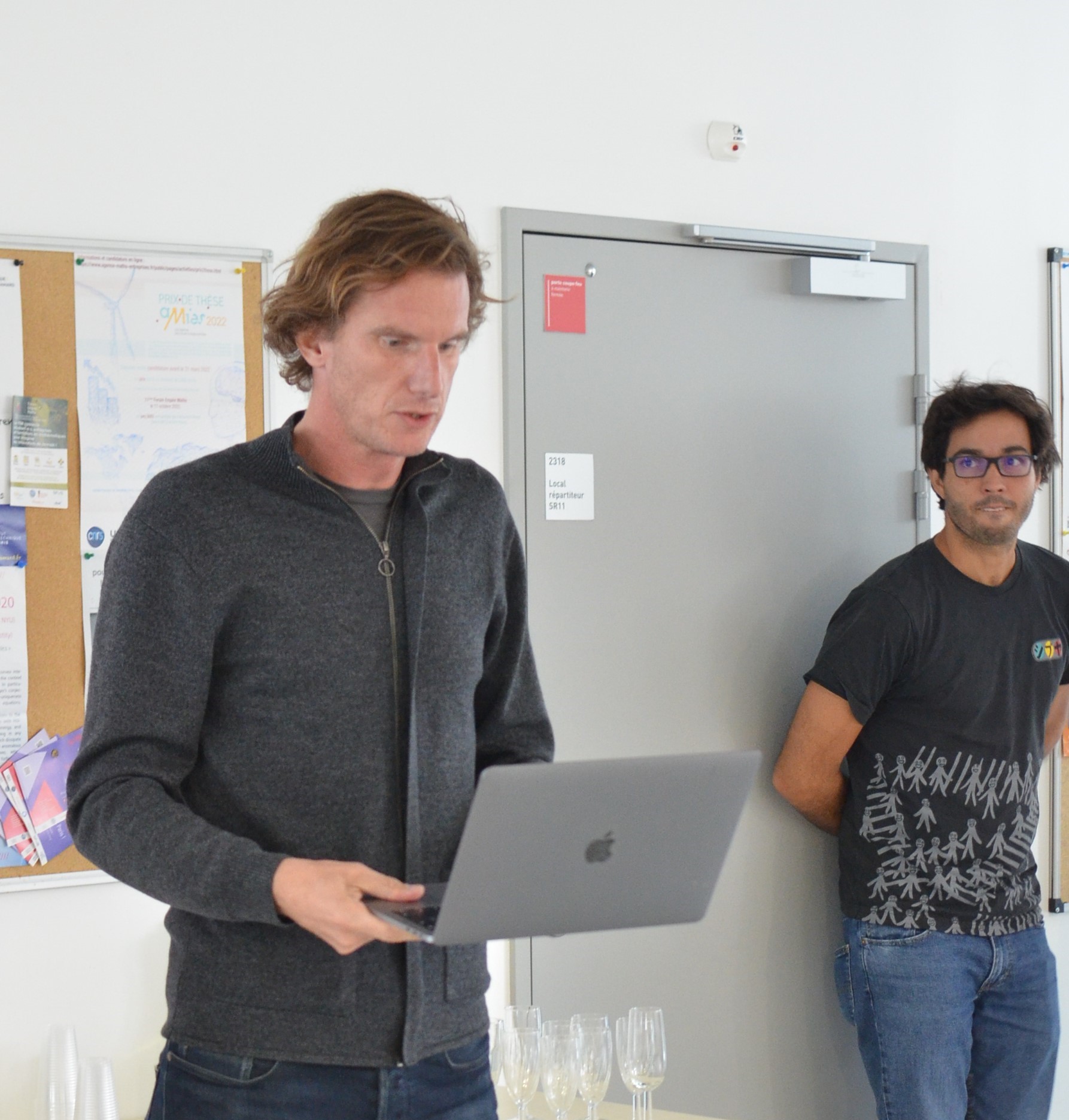Since receiving his PhD in Systems and Control from Delft University of Technology in 2012, Andrea Simonetto has devoted most of his research to two closely related areas: the effect of time and human dimensions in optimization and control algorithms.
While optimization was classically considered in a static framework, in which the best possible actions were deduced from unchanging needs and data, the accelerated evolution of our societies has given a critical aspect to the time dimension. A good example of this is the integration of renewable energies, which are intermittent by nature, into existing electrical networks, which introduces a notion of strong variability on sometimes very short time scales.
This same need is found when we address issues related to traffic, whether it is to make it more fluid or compatible with autonomous navigation. Not only does road traffic vary during the course of a single day, depending on the day of the week or the month, but the city itself and its infrastructures also evolve at their own pace.
In addition, there is the human dimension. While in the past optimization calculations were performed without any real consultation of the end users, the increasingly advanced interconnections (applications on smartphones, connected home, etc.), and their impacts on users, makes it essential to integrate the human dimension in the choice of options proposed by the optimization.
Proposing algorithms and mathematical models to obtain long-term optimal solutions taking into account these two dimensions has therefore been an important part of Andrea Simonetto's research over the last 10 years, leading to what he calls a personalized time-varying optimization.
The jury was composed of :
Professor Mikael Johansson, KTH, Sweden - Rapporteur
Professor Jérôme Malick, Grenoble Alpes University, CNRS, France - Rapporteur
Professor Vianney Perchet, ENSAE Paris, IPP, France - Rapporteur
Professor Alexandre d'Aspremont, ENS, CNRS, France - Examiner and President of the jury
Professor Antonin Chambolle, Université Paris Dauphine - PSL, CNRS, France - Examiner
Professor Julien Hendrickx, Université catholique de Louvain, Belgium - Examiner
Professor Colin Jones, EPFL, Switzerland - Examiner
Professor Lucas Schenato, University of Padua, Italy - Examiner
In its report, the jury mentioned that it particularly appreciated the clarity of the presentation, which was in par with the one of the report, which was very pedagogical, as well as the perspective given to the major current issues, at the interface of optimization, control and sequential learning.
In the afternoon, jury members Mikael Johansson, Colin Jones, Lucas Schenato and Julien Hendrickx presented their own work in a seminar on optimization and control.



